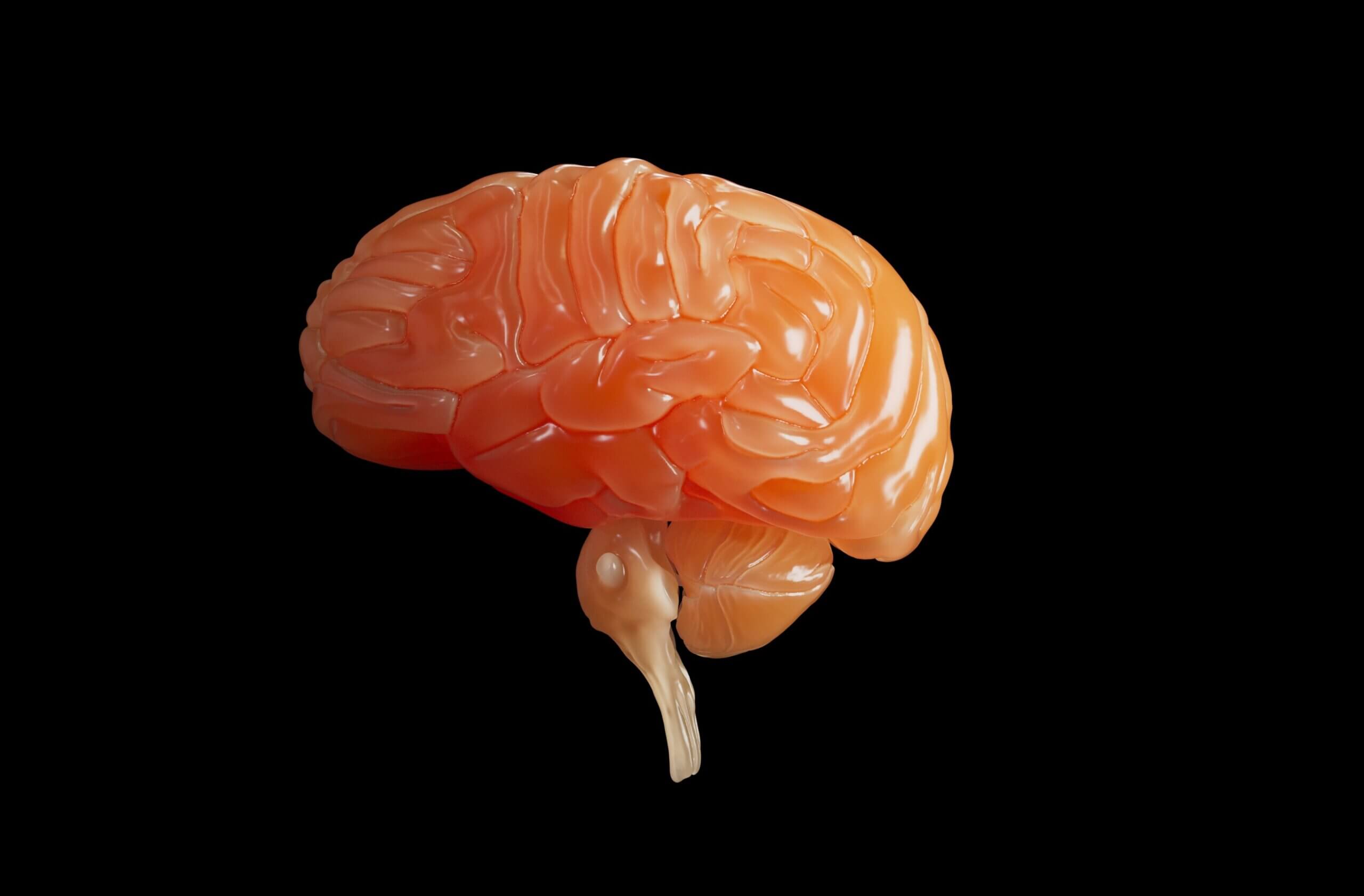Key Takeaway:
Spotify’s algorithmically generated “daylist” is a prime example of how tech platforms have shaped our music tastes over time. For over 15 years, the platform has been trying to predict or “compute tastes” based on data about users and everyone streaming on the platform. This data has influenced our tastes, as our preferences and interests are shaped by the algorithms. This recursive society, where automated analysis of data shapes and impacts our choices, makes it impossible to separate ourselves, our identities, and our tastes from these algorithms. Our tastes are central to how we formulate and present our identities, connect with people, develop a sense of belonging, and position ourselves within society. The daylist can only exist in a recursive society where personalized systems have accumulated and analyzed data about us over long periods.
As I sit at my desk writing this article, Spotify picks the next track on my algorithmically generated “daylist”. Today’s selection has the slightly strange – and yet very specific – title “lo-fi anti-folk wednesday early morning”. For the record, I’m definitely not anti-folk. Putting that odd label aside, it’s a fairly typical scene.
We are familiar with algorithms on tech platforms choosing music, TV, productsor even travel destinations for us.
Even something as seemingly personal as music taste is transformed by the way these platforms intervene. By matching music choice to the time of day, the daylist is just another way of embedding predictions about our music taste even further into our daily or even hourly routines.
We have lived with streaming for quite some time. For many people, our music choices have gone from being informed by radio, music press, magazines and TV shows, to a fine-grained level of personalisation.
While you might look at your daylist and think that Spotify knows your music tastes intimately, it is equally the case that the algorithm has shaped those tastes over time.
Predicting – and changing – tastes
For over 15 years Spotify, like other streaming platforms, has been trying to predict or “compute tastes”.
Streaming platforms in general have the data about us, but they also have the data about everyone streaming on that platform. Even with all of this data available, taste remains elusive. Research has shown that the focus isn’t necessarily upon accurately predicting taste, but on trying to predict things like attention or engagment in its place.
If you use data to analyse and predict an individual’s music taste, then you will inevitably have some impact on them. This problem is well established in sociological research. Put simply, when you study the social world you are also likely to change it. People alter their behaviour in response to being analysed.
When we imagine our tastes, we assume there is a starting point. We imagine that our tastes exist and that these algorithmic systems are learning to respond to them. But taste does not exist in a vacuum. If Spotify keeps offering you particular genres or artists, you become much more likely to develop an interest or even a preference for that music. This, then, produces more data to reinforce that prediction.
A recursive society
An automated song choice, or even an algorithmically generated playlist, isn’t all that consequential in isolation. It is the repetition of this process over time that matters. It is through constant exposure to these personalised predictions that our taste itself mutates in response to what we are exposed to.
The way that the repeated loops of algorithm feedback fold into our music taste is one instance of a broader change that I’ve described in my research as the “recursive society”. In a recursive society we are surrounded by repeated analytic and algorithmic processes that have continued over a significant period.
Choices and their outcomes have become more algorithmic and less human. This occurs repeatedly over time, each informing the next steps. The result is that society and our individual experiences are a product of recursive processes in which the automated analysis of data shapes and impacts the choices we make and the choices made about us. This also goes back before Spotify, to include things like CD recommendations on Amazon.

As these choices feed the same cycles again and again, the result is that it becomes impossible to separate ourselves, our identities, our knowledge and our tastes from loops of algorithmic processing. We can’t separate music taste from the algorithms. Even if you stopped using streaming platforms and their recommendations today, they have influenced you. And, should you do this, the places you turn to to discover music are likely to be a product of other people being influenced in their choices.
These processes have no point of origin, we have been living among them for too long. You may not remember a time before you consumed music and other culture through streaming platforms.
Of course, musical taste has never really been entirely personal. It has always been a product of how we are socialised into culture through friendship networks, location, family, media coverage, institutions and wider cultural scenes.
Daylists and our identities
This matters because our tastes in things like music are central to how we formulate and present our identities, as well as how we connect with people, develop a sense of belonging and position ourselves within society. If algorithmic systems are shaping our tastes, they are also shaping how we understand ourselves.
Spotify daylists tell us something about how our tastes are being anticipated in ways that keep us using these systems. Their detailed and responsive adaptation to the time of day and to the different facets of our music listening tell us just how detailed the data about our tastes has become.
The daylist can only exist in a recursive society, where we are familiar with personalised systems that have accumulated and analysed data about us over long periods of time. If it reveals anything about us, it is that through many algorithmic loops our tastes are being constructed for us over time – changing, rather than reflecting, who we are.




























